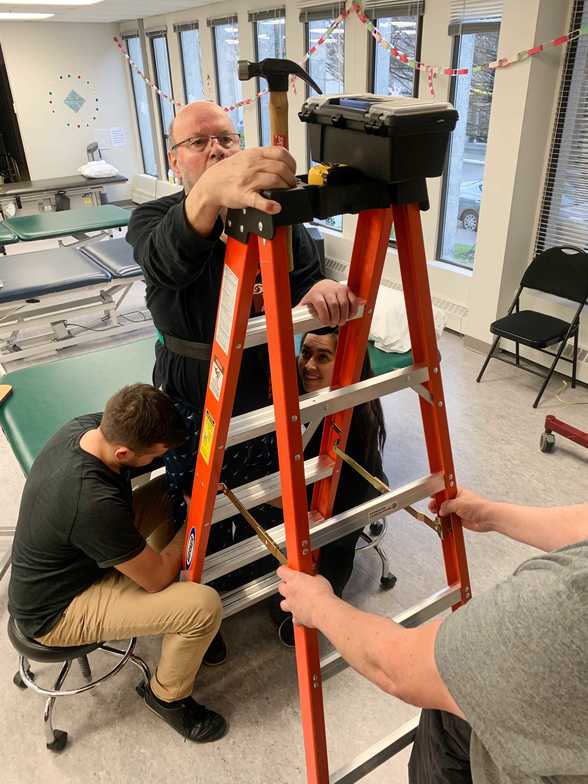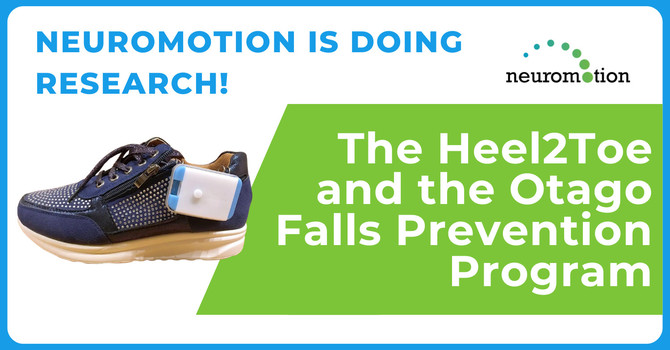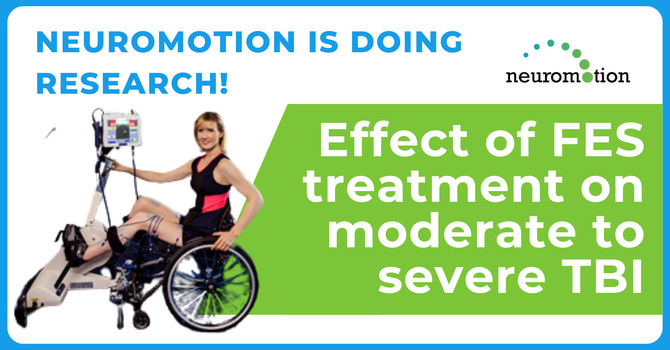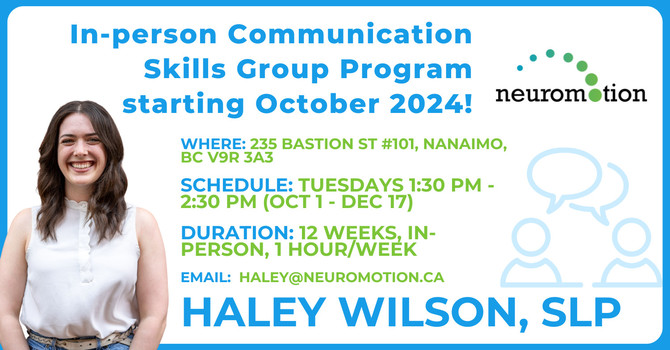Neuro-Developmental Treatment (NDT) is a holistic, interdisciplinary type of therapy that is used by physiotherapists, occupational therapists, and speech-language pathologists for the rehabilitation of adults and children with cerebral palsy, stroke, traumatic brain injury, and other neuromuscular disorders.
NDT takes a client-centered, hands-on, problem-solving approach to treating these disorders that can affect movement, muscle control, coordination, posture, and balance.
What is involved in an NDT therapy session?
NDT therapy sessions are based on functional outcomes and have specific functional goals which are pre- and post-tested within each treatment session to help guide the NDT therapist’s intervention. This allows the therapist to evaluate how posture and movement relate to an individual’s function, impairments, and participation in everyday life roles. By keeping therapy engaging and motivating through these activities, it further promotes independence and improved quality of life.
Using the International Classification of Functioning, Disability, and Health (ICF) model, therapists’ extensive knowledge of human movement and postural control allows them to identify typical and atypical movements to aid in their assessment of how an individual performs various functional tasks. The sessions involve using hands-on facilitation (use of sensory cues to improve motor performance), minimizing movement compensations, and providing the client with an overall management program for home practice.
What makes NDT different from other therapies?
The main goal of NDT is to improve the individual’s quality of life through participation in the activities that are most meaningful to them. While taking into account the client’s past, present and future, NDT focuses on functional activities and how a person is able to engage in relevant daily life tasks. Its individualized intervention builds on the person’s unique strengths while addressing their impairments.
The client-centered, functional goal-oriented, and advanced hands-on problem-solving approach to treatment are what set NDT apart from other therapies.
What training do therapists receive to become NDT Certified?
Becoming a NDT Certified Therapist involves taking an advanced postgraduate certificate course of over 100 hours of training in the principles of NDT, movement analysis, and application of hands-on treatment with clients. A competency exam must be passed following the course to receive certification. In order to maintain ongoing NDT certification, the therapist must complete a minimum of 20 hours of continuing education every 3 years.
We have NDT Certified Therapists at all of our Victoria, Vancouver, and Surrey clinics. Contact us to schedule an appointment with an NDT therapist.

.jpg)


.jpg)




